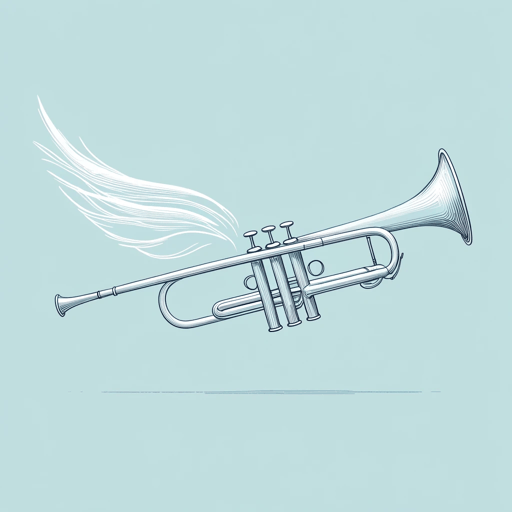73 pages • 2 hours read
August WilsonFences
Fiction | Play | Adult | Published in 1986A modern alternative to SparkNotes and CliffsNotes, SuperSummary offers high-quality Study Guides with detailed chapter summaries and analysis of major themes, characters, and more. For select classroom titles, we also provide Teaching Guides with discussion and quiz questions to prompt student engagement.
Introduction
Fences
- Genre: Fiction; realistic historical drama
- Originally Published: 1986
- Reading Level/Interest: Grades 11-12; college/adult
- Structure/Length: 2 acts; 4 scenes in Act I, 5 scenes in Act II; approx. 101 pages; approx. 2 hours, 19 minutes running time
- Protagonist and Central Conflict: In this sixth play of Wilson’s collection of 10 plays known as The Pittsburgh Cycle (or The Century Cycle), Troy Maxson is middle-aged and dissatisfied with his life. Despite his evident talent for baseball as a younger man, he was not permitted a career in the major leagues as a Black player. He served a prison term for murder, then became a garbage truck driver. Now, his unfulfillment manifests in troubled relationships with his wife, Rose, and son, Cory.
- Potential Sensitivity Issues: Adultery; physical abuse and rape; racism and discrimination; mental health issues; gender issues; death
August Wilson, Author
- Bio: 1945-2005; born in Pittsburgh, Pennsylvania; dropped out of high school at 15 after being accused of plagiarism; taught himself and read widely in the following years, often noting on coffee shop napkins ideas for poems and characters; inspired by the Black Arts Movement; helped to found Pittsburgh’s Black Horizons Theatre (1968); met with significant success with Jitney and Ma Rainey’s Black Bottom; known for The American Century Cycle (also called The Pittsburgh Cycle), a group of 10 plays that reveal the Black experience in America from the 1900s to the 1990s; received two Pulitzer Prizes (for The Piano Lesson and Fences)
- Other Works: Jitney (1982); Ma Rainey’s Black Bottom (1984); The Piano Lesson (1987); Gem of the Ocean (2003)
- Awards: Pulitzer Prize for Best Play (1987); Tony Award for Best Play (1987)
Related Titles
By August Wilson
Study Guide

Gem of the Ocean
August Wilson
Study Guide

Joe Turner's Come and Gone
August Wilson
Plot Summary

King Hedley II
August Wilson
Teaching Guide + Study Guide

Ma Rainey's Black Bottom
August Wilson
Study Guide

Seven Guitars
August Wilson
Teaching Guide + Study Guide

The Piano Lesson
August Wilson
Study Guide

Two Trains Running
August Wilson

